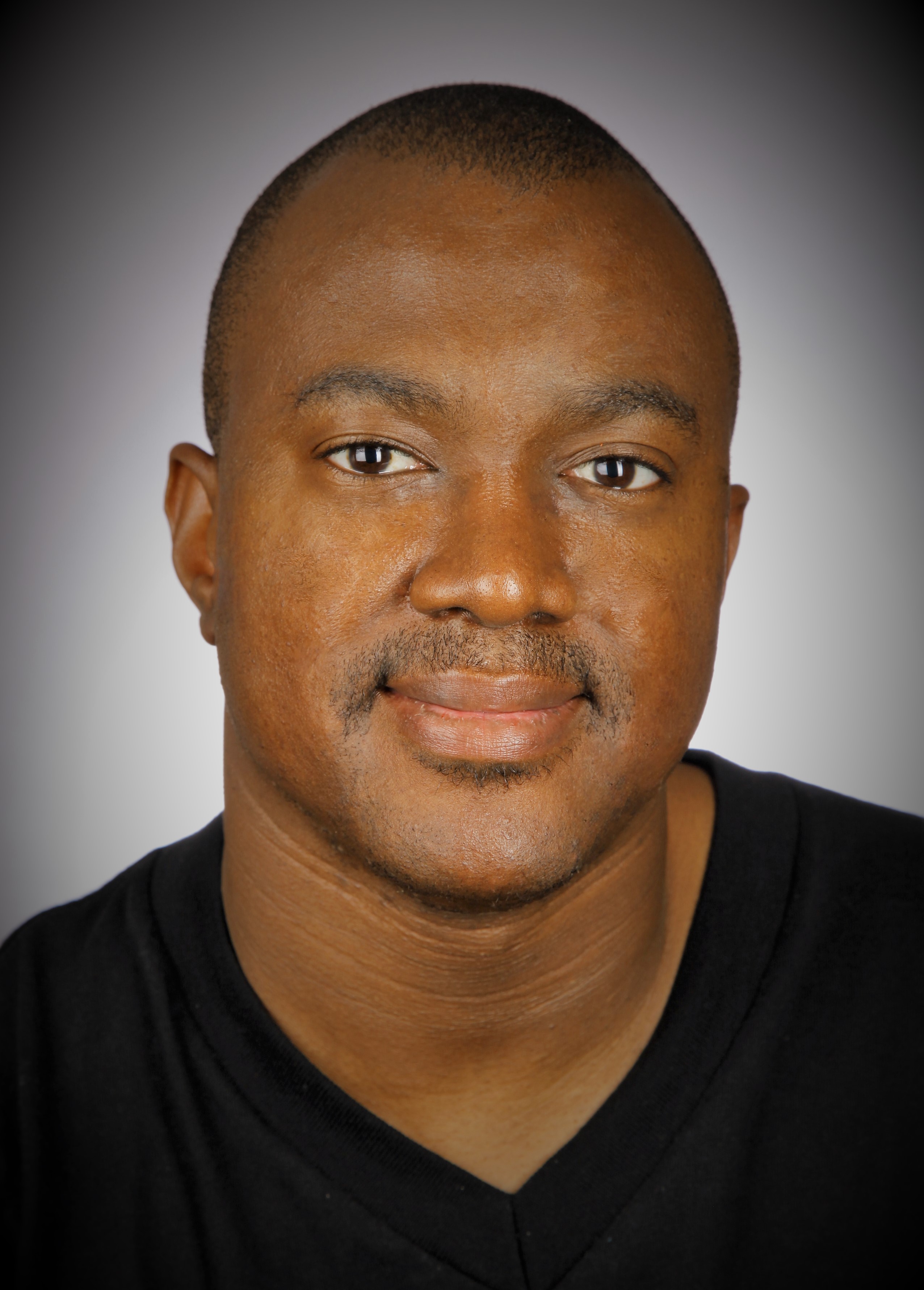by Hana LaRock, Writing Intern, with Germar Derron
I am an American Jew. Diversity, and controversy, dotted my days beginning at a young age. I always knew of Israel. I remember seeing murals of Jerusalem, hanging up on the walls, as a little girl in Hebrew school. I believed that the modern day Jerusalem couldn't possibly exist; it was far too beautiful. I learned later in life that the beauty was real, but concealed something, quite uncomely, behind white walls and golden buildings.
I grew up in a world where “Arabs” existed, and equaled bad. If his name was Mohammad, or she wore a hijab, I stayed away instinctually. I can’t say if that instinct was a product of the post-9/11 culture, or my spoon-fed Zionist existence. I don’t know. But it felt wrong, to feel right, about something that felt so wrong. Right? My environment taught that every Muslim was a terrorist, or that we could safely assume that they might be. This was normal.
At 19, I worked at a Jewish summer camp. I had a boyfriend. In each of our conversations,
he mentioned his best friend. I imagined they spoke often, by phone. Later that summer, my boyfriend explained that this friend was dead - killed in a suicide bombing, in Tel Aviv. He told some details of his friend’s tragic death, but mostly of his life. That tragedy inspired him to become a spiritual Jew.
he mentioned his best friend. I imagined they spoke often, by phone. Later that summer, my boyfriend explained that this friend was dead - killed in a suicide bombing, in Tel Aviv. He told some details of his friend’s tragic death, but mostly of his life. That tragedy inspired him to become a spiritual Jew.
Fast forward three years, and I embarked on my study abroad semester in Tel Aviv. I never considered myself a “Zionist.” I loved Israel, but not that label. I didn't know enough about the conflict to talk about it. When I heard about Israel on the news, I shrugged: “another bad thing happened.” I thought about my former boyfriend’s friend; I worried, but not too much. I remained closely connected to Israel.
Then, I met my suite-mate - a Palestinian Christian from the West Bank. But she was more. She was a beautiful girl, with crazy, pretty, curly hair. She was intelligent and graduate school-level educated too. I was surprised, but other than that, I didn't really care. I still belonged to a tribe, where most members would have found this arrangement unacceptable. I saw an opportunity to know an individual that I might not have otherwise. I never got too close to “Mary.” We fought, but over roommate stuff, not because of our backgrounds.
Eventually, I noticed odd things. Often, she would leave for a weekend, for home, but not come back until Wednesday. I finally grew curious enough to ask. Mary was stopped at checkpoints. Even with proper papers, she would be forced to return home. During each trip, she waited in line for hours; most trips, she’d return home. For the first time, I saw a glint of the other side of this story.
 |
| Photo by Ilia Yefimovich/Getty Images |
Once, I sat down and spoke to two Arab-Israelis, who were my age. We talked about things that young adults talk about - school, friends, and hanging out. Here, the big picture tends to obfuscate the individuals.
For me, this isn't a political issue. Right and wrong (or right and left) is a different story. This is about a beautiful girl with crazy curly hair, and a best friend. Lucky me, I walked half of a mile in half of a shoe, and I’m better for it.

































0 comments:
Post a Comment